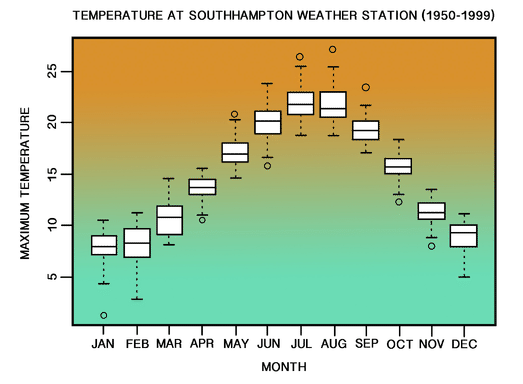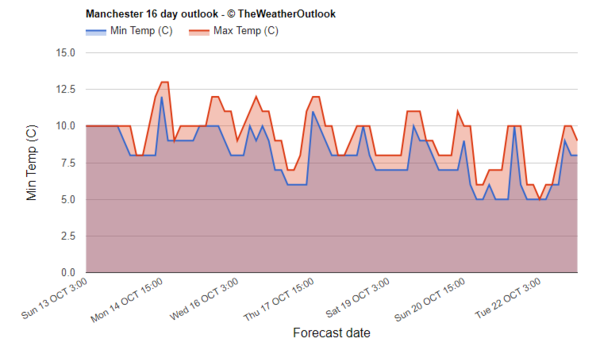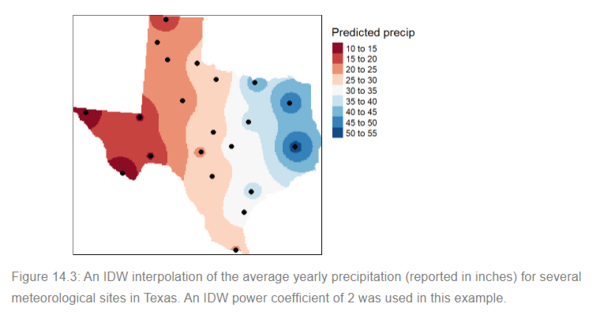Difference between revisions of "IS428-AY2019-20T1 Climate Vizards: Proposal - Background Survey"
Wendyng.2015 (talk | contribs) |
Mesin.2017 (talk | contribs) |
||
| Line 54: | Line 54: | ||
; | ; | ||
[[IS428-AY2019-20T1_Climate_Vizards:_Proposal_-_Others| <font color="#FFFFFF">Others</font>]] | [[IS428-AY2019-20T1_Climate_Vizards:_Proposal_-_Others| <font color="#FFFFFF">Others</font>]] | ||
| − | |||
| − | |||
|} | |} | ||
</div> | </div> | ||
| − | |||
== Background Survey == | == Background Survey == | ||
| + | <p> | ||
The following are the sources of inspirations that aid our brainstorming process and proposed storyboard. | The following are the sources of inspirations that aid our brainstorming process and proposed storyboard. | ||
<table border='1'> | <table border='1'> | ||
| Line 72: | Line 70: | ||
Source: https://weather.station.software/project/calendar-heatmap/ | Source: https://weather.station.software/project/calendar-heatmap/ | ||
[[File: CV_calendar heatmap.png|center|600px]]</td> | [[File: CV_calendar heatmap.png|center|600px]]</td> | ||
| − | + | <td align='center'> | |
This diagram allows us to view a year worth of data where we can see the changes in rainfall daily across the year. Hence, it is applicable and useful to see the changes across the year for both the rainfall and temperature in Singapore. | This diagram allows us to view a year worth of data where we can see the changes in rainfall daily across the year. Hence, it is applicable and useful to see the changes across the year for both the rainfall and temperature in Singapore. | ||
</td> | </td> | ||
| Line 79: | Line 77: | ||
<tr> | <tr> | ||
<td> | <td> | ||
| − | <b> 2. Box and Whisker Plot</b | + | <b> 2. Box and Whisker Plot</b> |
Source: https://www.ck12.org/statistics/box-and-whisker-plots/rwa/The-Ways-of-Weather/ | Source: https://www.ck12.org/statistics/box-and-whisker-plots/rwa/The-Ways-of-Weather/ | ||
[[File:CV_box and whiskers.png|center|600px]]</td> | [[File:CV_box and whiskers.png|center|600px]]</td> | ||
| − | + | <td align='center'> | |
This diagram shows the range of monthly temperature at the Southampton Weather Station in southern England from year 1950 to 1999. Using box and whisker plots, it enables users to easily identify information such as the range for each month and which month has the highest temperature. | This diagram shows the range of monthly temperature at the Southampton Weather Station in southern England from year 1950 to 1999. Using box and whisker plots, it enables users to easily identify information such as the range for each month and which month has the highest temperature. | ||
</td> | </td> | ||
| Line 92: | Line 90: | ||
Source: https://www.theweatheroutlook.com/forecast/uk/Manchester | Source: https://www.theweatheroutlook.com/forecast/uk/Manchester | ||
[[File:CV_area chart.png|center|600px]]</td> | [[File:CV_area chart.png|center|600px]]</td> | ||
| − | + | <td align='center'> | |
This diagram shows an area chart of the forecast maximum and minimum temperature in Manchester UK for the next few days. Users can easily see a trend and such diagram enable several metrics to be observed and comparison can be done. | This diagram shows an area chart of the forecast maximum and minimum temperature in Manchester UK for the next few days. Users can easily see a trend and such diagram enable several metrics to be observed and comparison can be done. | ||
</td> | </td> | ||
| Line 102: | Line 100: | ||
Source: https://mgimond.github.io/Spatial/spatial-interpolation.html | Source: https://mgimond.github.io/Spatial/spatial-interpolation.html | ||
[[File:CV_interpolation.png|center|600px]]</td> | [[File:CV_interpolation.png|center|600px]]</td> | ||
| − | + | <td align='center'> | |
This map is done using an Inverse Distance Weighted (IDW) interpolation which is a spatial interpolation technique. By using the points of collection of precipitation, precipitation in areas without collection points can be estimated. | This map is done using an Inverse Distance Weighted (IDW) interpolation which is a spatial interpolation technique. By using the points of collection of precipitation, precipitation in areas without collection points can be estimated. | ||
</td> | </td> | ||
</table> | </table> | ||
| + | </p> | ||
Revision as of 19:42, 13 October 2019
Climate Vizards
|
|
|
|
|
|
|
|
|
|
|
|
|
Background Survey
The following are the sources of inspirations that aid our brainstorming process and proposed storyboard.
| Source | What we can learn |
|---|---|
|
1. Calendar heat map |
This diagram allows us to view a year worth of data where we can see the changes in rainfall daily across the year. Hence, it is applicable and useful to see the changes across the year for both the rainfall and temperature in Singapore. |
|
2. Box and Whisker Plot Source: https://www.ck12.org/statistics/box-and-whisker-plots/rwa/The-Ways-of-Weather/ |
This diagram shows the range of monthly temperature at the Southampton Weather Station in southern England from year 1950 to 1999. Using box and whisker plots, it enables users to easily identify information such as the range for each month and which month has the highest temperature. |
|
3. Area chart |
This diagram shows an area chart of the forecast maximum and minimum temperature in Manchester UK for the next few days. Users can easily see a trend and such diagram enable several metrics to be observed and comparison can be done. |
|
4. Spatial interpolation |
This map is done using an Inverse Distance Weighted (IDW) interpolation which is a spatial interpolation technique. By using the points of collection of precipitation, precipitation in areas without collection points can be estimated. |




